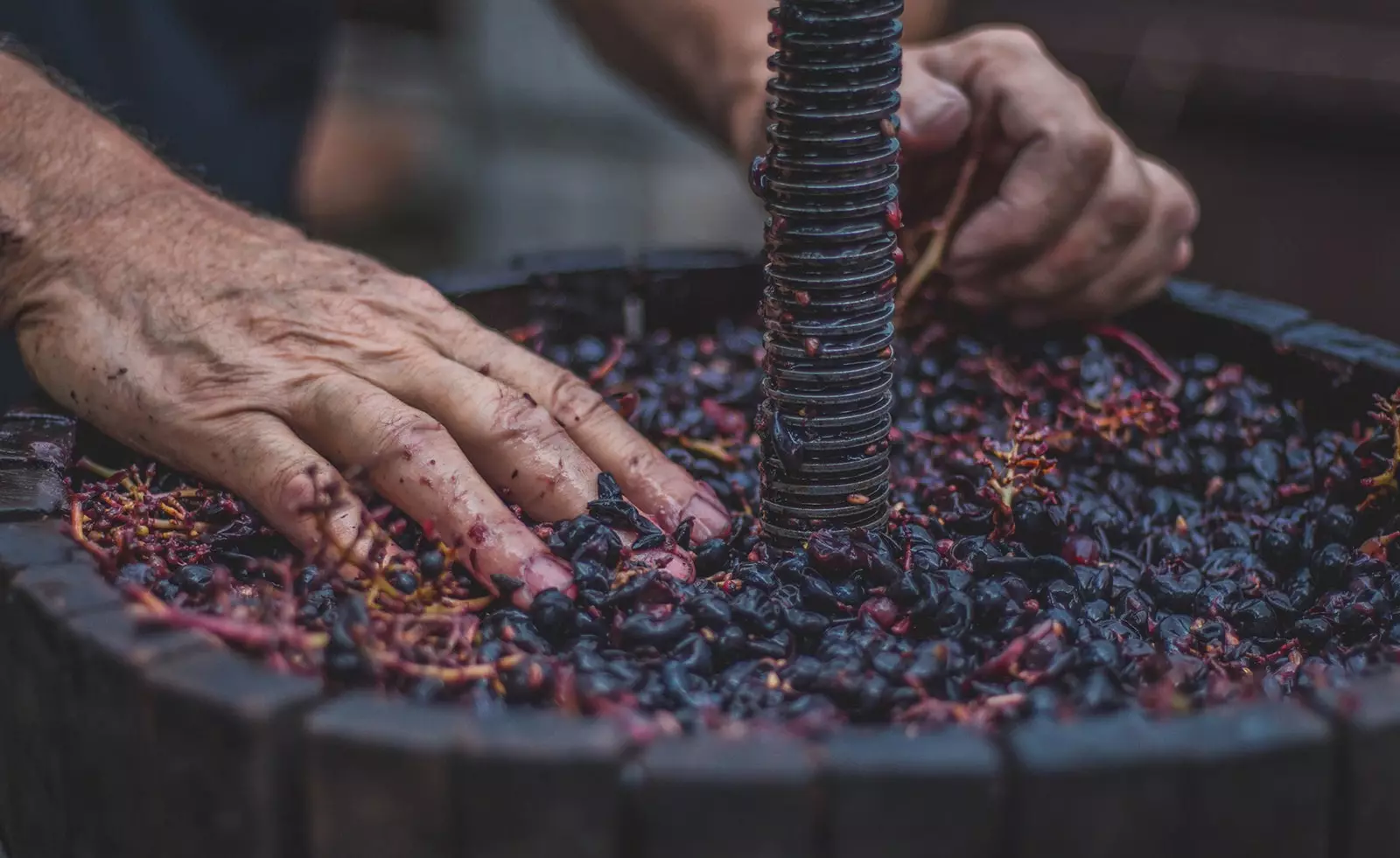
Interfering as little as possible in the process of converting grapes into wine... the goal
Last February it was held in Barcelona the third edition of Vella Terra , a singular natural wine fair Y Products of the earth dedicated to exposing the vignerons (viticulturists) most outstanding of the panorama of European natural wine.
What distinguishes this fair from others dedicated to craft consumables are the names that manage to gather each year in their annual location of the Nord Bus Station of Barcelona.
Authentic guardians of this form of alternative viticulture that prefer ancestral methods and eco-sustainable above commercial industrial oenology.
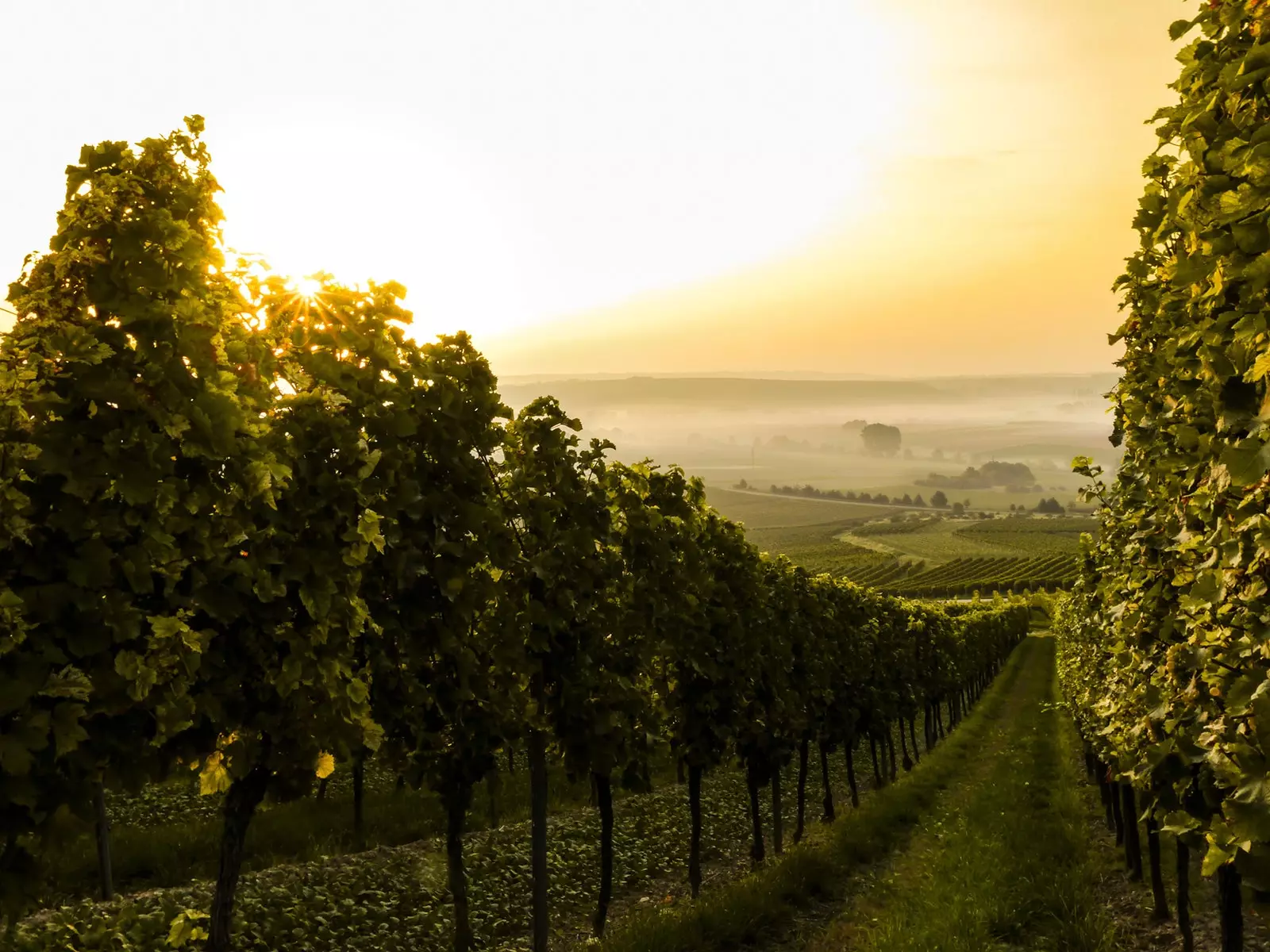
Everything comes out of the wine
Most producers of these wines share a romanticism for working the terroirs in the most respectful way, and the philosophy that unites them is based on Interfere as little as possible in the entire natural process to turn grapes into wine.
This passion for being mere assistants to the nature is causing a real furor among the wine lovers , who find in these concoctions many values that go beyond the pleasure of drinking.
In back of Vella Terra is the Italian sommelier based in Barcelona, Stefano Fraternali and the communicator Alexandra Delfino , who dedicate part of the year to visit other fairs and vineyards around the world to bring them to Spain and make their wines known to a public whose thirst there is no way to quench.
“(The idea of creating Vella Terra) was born to unite, disseminate, create ties between vintners and the city . Looking for them to be the ones who come to talk about their products, individually. All these years we wanted to give them the prominence they deserve for the work they do”, Dolphin account.
In three years they have managed to position Vella Terra as the unavoidable appointment for hoteliers and gourmands of vindictive t-shirts, and the presence of true icons of the free viticulture.
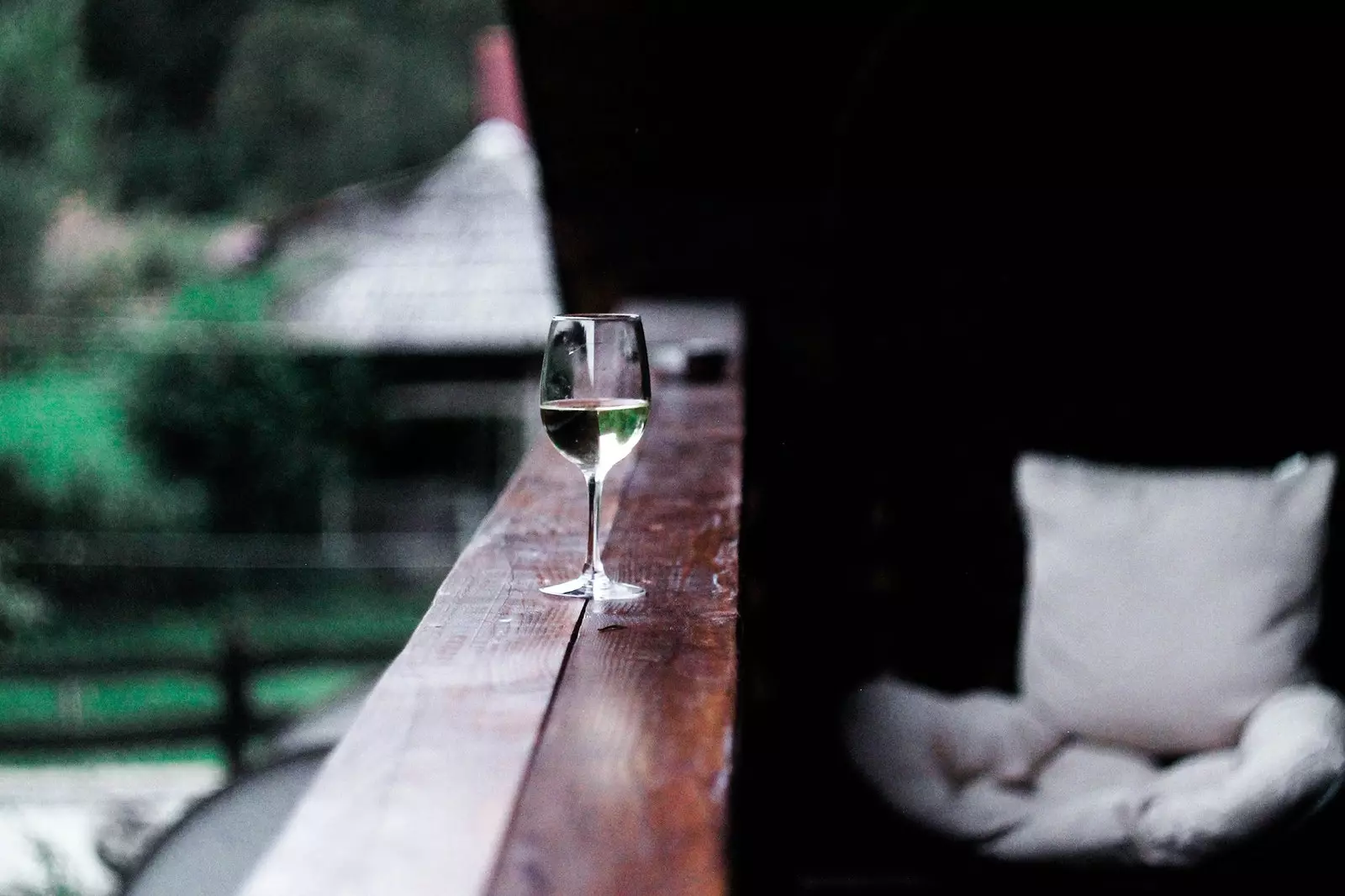
The complexity of a glass of wine
BUT... WHAT IS NATURAL WINE? ORGANIC WINE? THE BIODYNAMICS?
The nomenclatures that distinguish some wines from others still arouse much confusion, and the fair served to clear up many doubts, speaking directly with those who are used to getting their hands dirty in their terroirs and they rarely set foot in offices where certificates are sold. Nika Shevela , wine expert and volunteer at Vella Terra, she helps us decipher the differences that exist around wines with minimal intervention and produced in a way that respects nature.
“ Organic wines are the same as biological or organic : are absolute Synonyms, protected by the European Union, and in them priority is organic viticulture , with the use of natural organic fertilizers”, explains Shevela to Traveler.es.
There are organic wines that they respect the environment but then they work industrially once all the must has been squeezed into the stainless steel tanks, which is not bad. It is simply a difference to take into account.
"In biodynamic wines the thing goes a step further, taking organic agriculture for granted and following a specific philosophy: here come the biodynamic preparations not lacking in mysticism , the **influence of the lunar calendar** _(it also works well when getting a haircut) _ and in general the vision of the vineyard as an ecosystem in harmony with the rest of the environment. Bats, bees, olive trees, vines: they are all part of a large family ”, she finishes.
The vast majority of vines at this fair try to work biodynamically, and in some cases it is reflected in the price of their bottles, as they face many uncontrollable factors each season.
"We ended up with natural wines : Unlike organic and biodynamic products, they cannot be certified and there is no legal definition for them. Beyond the regulations natural wine means minimal intervention both on the land and in the production process: only native yeasts from the grape itself are used, most wines they are not filtered or stabilized, and the addition of sulfites is minimal or nil (remembering that they are naturally present in the wine anyway and in limited doses they are no demon ) ”.
THE CONTROVERSY IS SERVED
This that Nika points out about the certificates is what most clouds the blood of the detractors of these wines, since many accuse this movement of promoting a lack of rigor when seeking quality d, skipping rules and legislation that traditional winemakers strive to comply with.
One of the common factors with many of these wines are the intense odors of gunpowder, feline urine, post-gym sock and abandoned well that assault the nostrils as soon as the napia is introduced in a cup, usually described in the world as funkys . The more it smells like James Brown's armpit at the end of his concert at the Apollo in New York, the more the enthusiasm of the fans grows.
Roughly speaking, we could find a simile between the punk rock vs conservatory music . But although it may seem that this way of turning grapes into wine is a vale-tudo , when tasting the wines of some of these officials of nature it is evident that and quality is not compromised . These are some of the vignerons who presented their vintages in Vella Terra 2018.
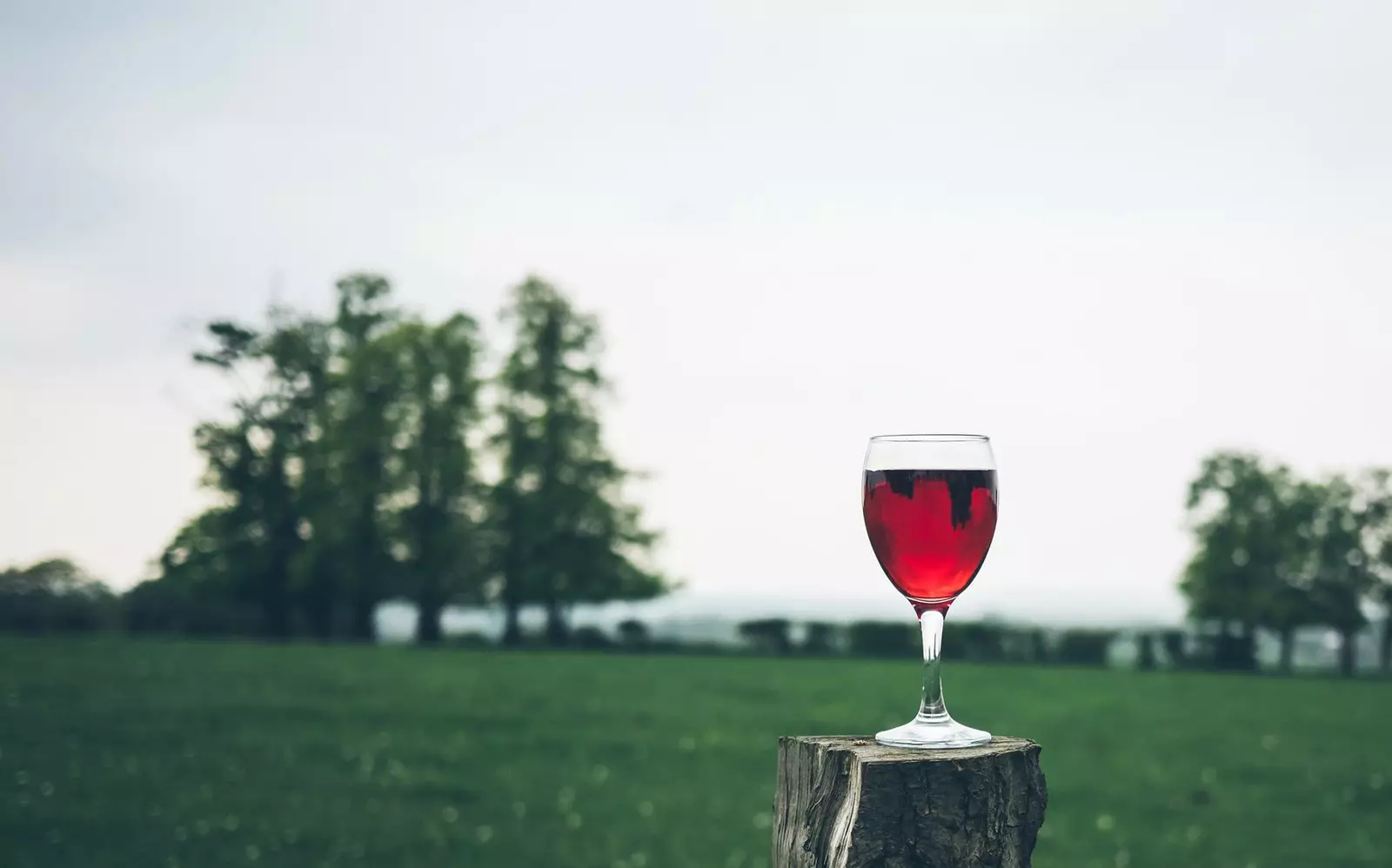
Natural wines are not exempt from controversy
** STEFANO BELLOTTI AND THE CASCINA DEGLI ULIVI **
Yes to the fans of natural wine are called taliban , Stefano Bellotti would be like the Bin Laden of the movement.
Better known as the father of biodynamic wine in Italy Bellotti has been dedicated to viticulture for more than forty years, since he took over the reins of the family estate in southern Piedmont in 1977.
Apart from the wine, he and his family are proud farmers dedicated to horticulture Besides the production of their own breads and cheeses . Wine tourists can to stay in one of the four simple rooms that they offer to be able to better understand the working method of this agronomist icon, and enjoy everything that he manages to extract from his land.
RECAREDO WINERIES
Since Ton Mata imposed his philosophy of respect for biodiversity , he has managed to position his family's winery-established in 1924-as the first reference with denomination of origin of Cava and Penedés to obtain the official Demeter certification for biodynamic agriculture.
The Brut Naturals from this winery usually appear on the most prestigious wine lists in the country, but they also devote a lot of love to the natural wines that they manage to produce under the name of Dog Creed , almost always faithful to the star of Penedés - the Xarello grape -, which is savored in its Gran Reservas, and much more affordable for the casual drinker.
JOAN RAMON, CELLER ESCODÁ - SANAHUJA
Having dedicated himself to music and lived in the Lower East Side of New York, Joan Ramon Escoda she could have played with the Ramones.
Despite the fact that his most prized bottles are sold in wineries where they share shelves with Château Lafites and Romanée-Contis , this veteran vineyard with wild mane is still considered the enfant terrible of Spain's natural winegrowers.
Since he planted new vines on his wife's family farm carme sanahuja , together they bet on the biodynamic method And they haven't looked back.
As in the Cascina Degli Ulivi, the Escoda-Sanahuja winery boasts of having its own restaurant, Tossal Gros , led by the American chef Kaya Jacobs , where almost everything served on the plates is grown on the estate's grounds.
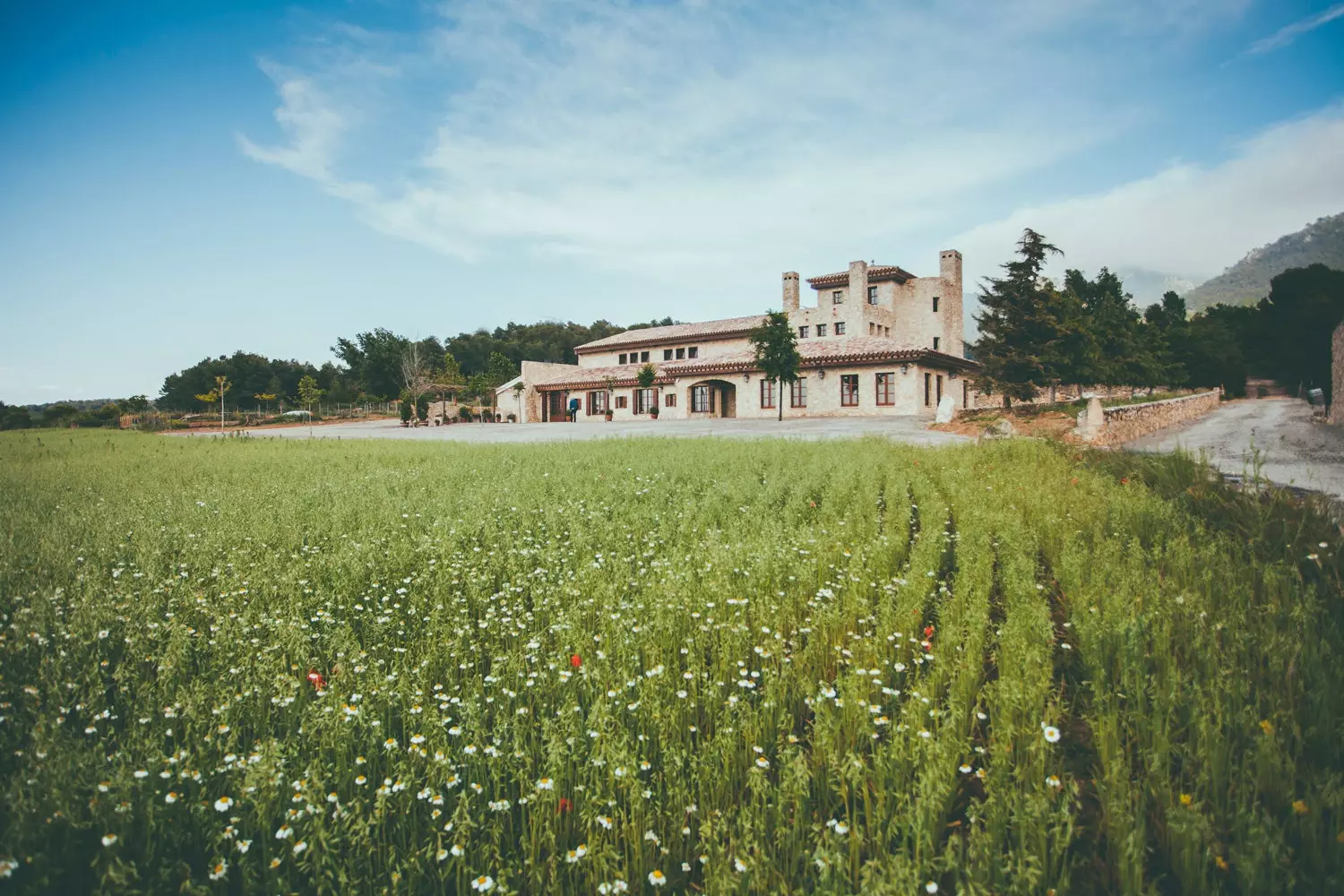
wines with soul
LAUREANO SERRES, CELLER LAUREANO SERRES MONTAGUT
If Catalonia is considered one of the zero kilometers of this type of wine in Spain, Laurano Serres, along with Joan Ramón Escodá, he is one of the prophets.
Like many of the "crazy" in the world, this figure is considered a Triple A (Farmer, Artisan and Artist) of the vineyards , and its Terra Alta wines appear in the guides of all the disciples of this religion.
Of forty-three references that he has offered to the market since 2001, he only has 5 vintages left in stock. Not bad for a viticulturist who takes risks every year without resorting to sulfur or pesticides.
CHARLES DUFOUR
At only 36 years old, the young Charles Dufour has managed to gradually assimilate biodynamic viticulture practices without endangering his family's legacy and produces on his own a high-quality champagne on a five-hectare plot that has nothing to envy to the centenarians Grand Bruts reserved under the land of its neighbors.
As usual in the region of the most valued sparkling wines in the world, he works mainly with Chardonnay and Pinot Noir. If you see a bottle of Dufour in your local bar, order one without question. You never know if he's going to hit you with a bus or drop a slab on you.
DOMAINE ANTOINE LIENHARDT
When Antoine Lienhardt took over the vineyards after his grandfather retired Maurice Guyot, he used everything he learned working in Chablis and South Africa to create a new line of stupendous burgundy , and was adapted biodynamic techniques progressively to the family modus operandi, until embracing them completely since 2016, using a horse to till the land and not compact the vineyard so much, and renouncing any type of chemical pesticide.
The wines from him are examples of that the natural unpredictables they can be so correct, exquisite and delusional like the classics that usually come out of their famous region.
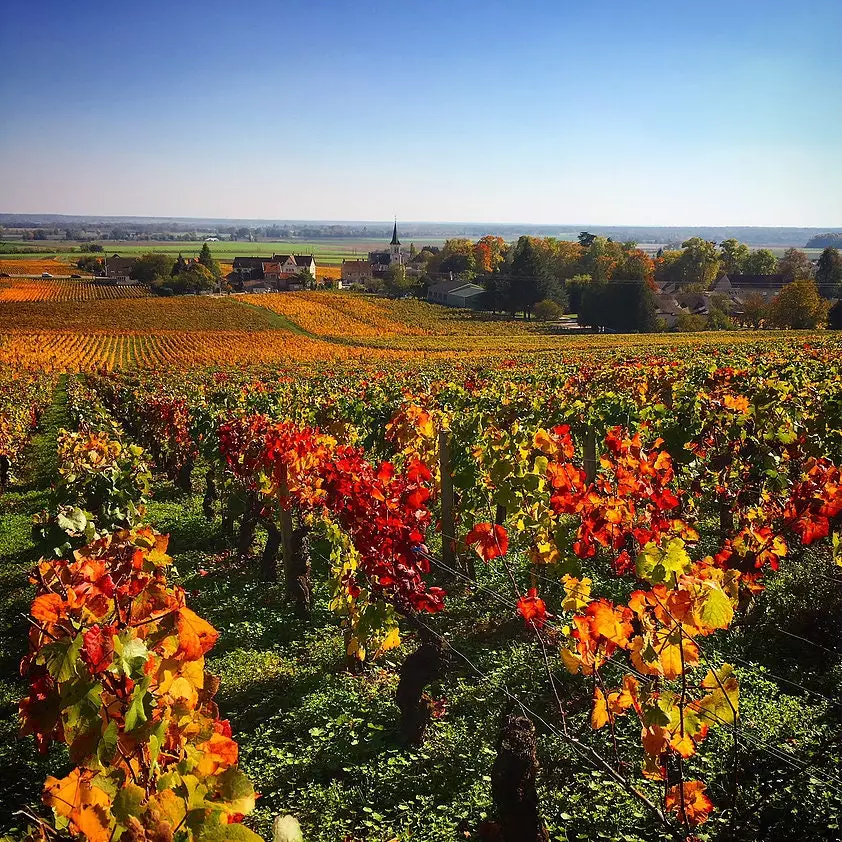
Antoine took over his grandfather's vineyards and turned it into a natural wine paradise
THE AGRICULTURAL AZIENDA OF ALDO VIOLA
When you taste one of the wines of Aldo Viola , inevitably you miss the phrase “ Italians do it better”.
This handsome Sicilian belongs to a fourth generation of organic winegrowers, and usually limits himself to a production of ten thousand bottles per year , which allow you to maintain rigorous quality control while orchestrating all the elements of nature in your favor.
To really enjoy this type of wine, it is best to go to one of the bars where these bottles are uncorked. Here is a small guide to bars in Barcelona specializing in natural wine.
